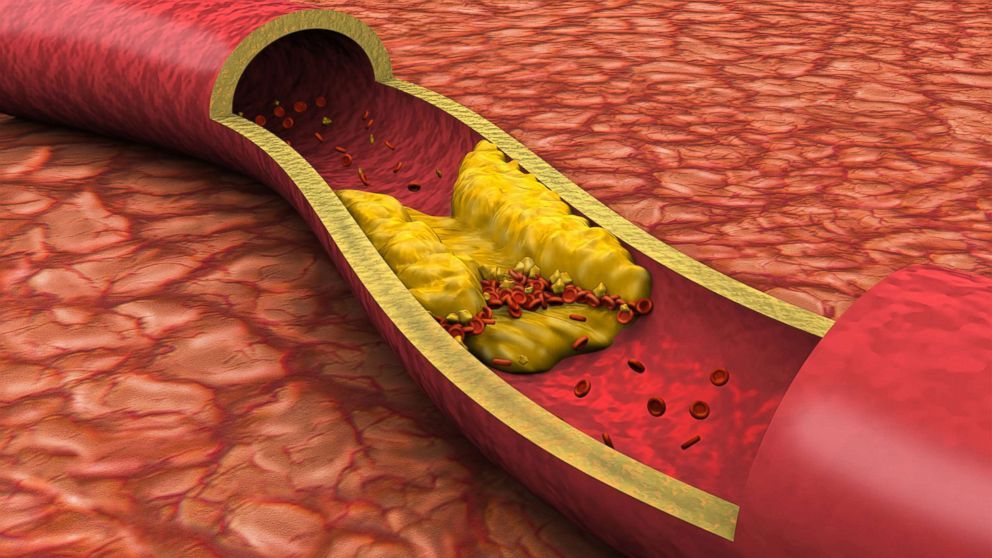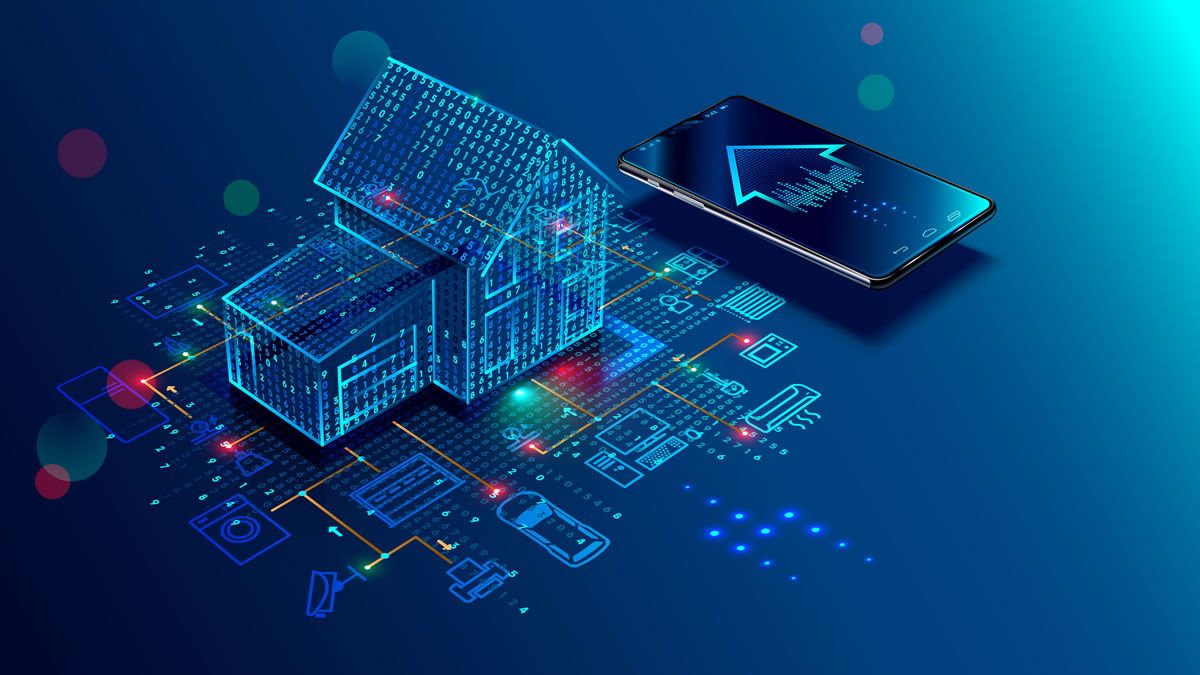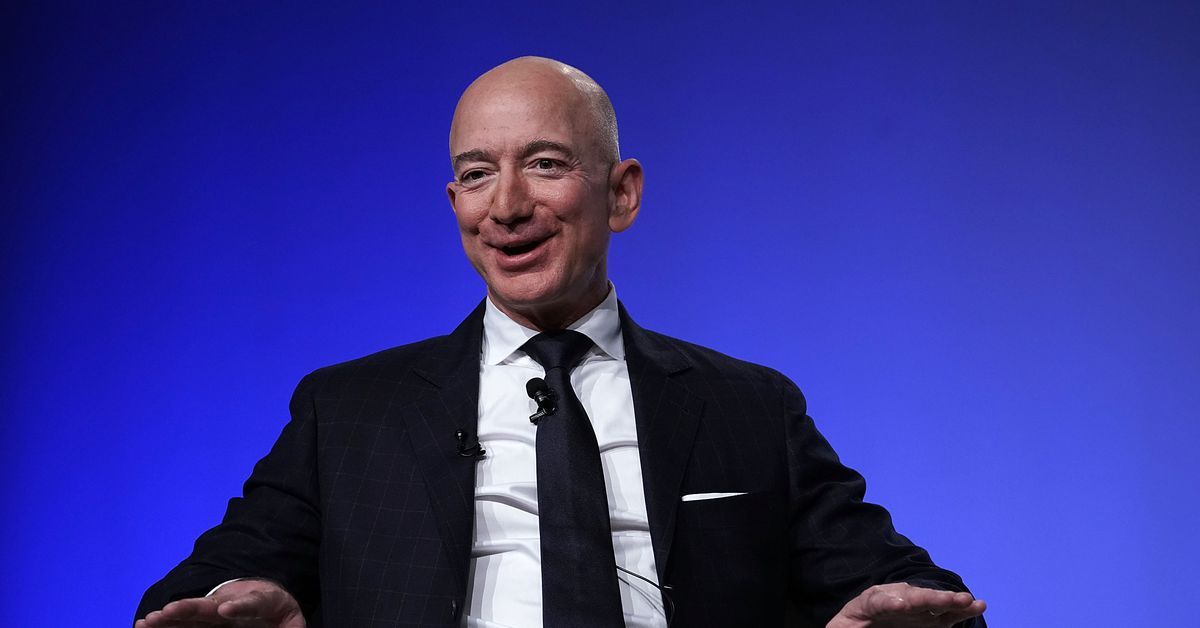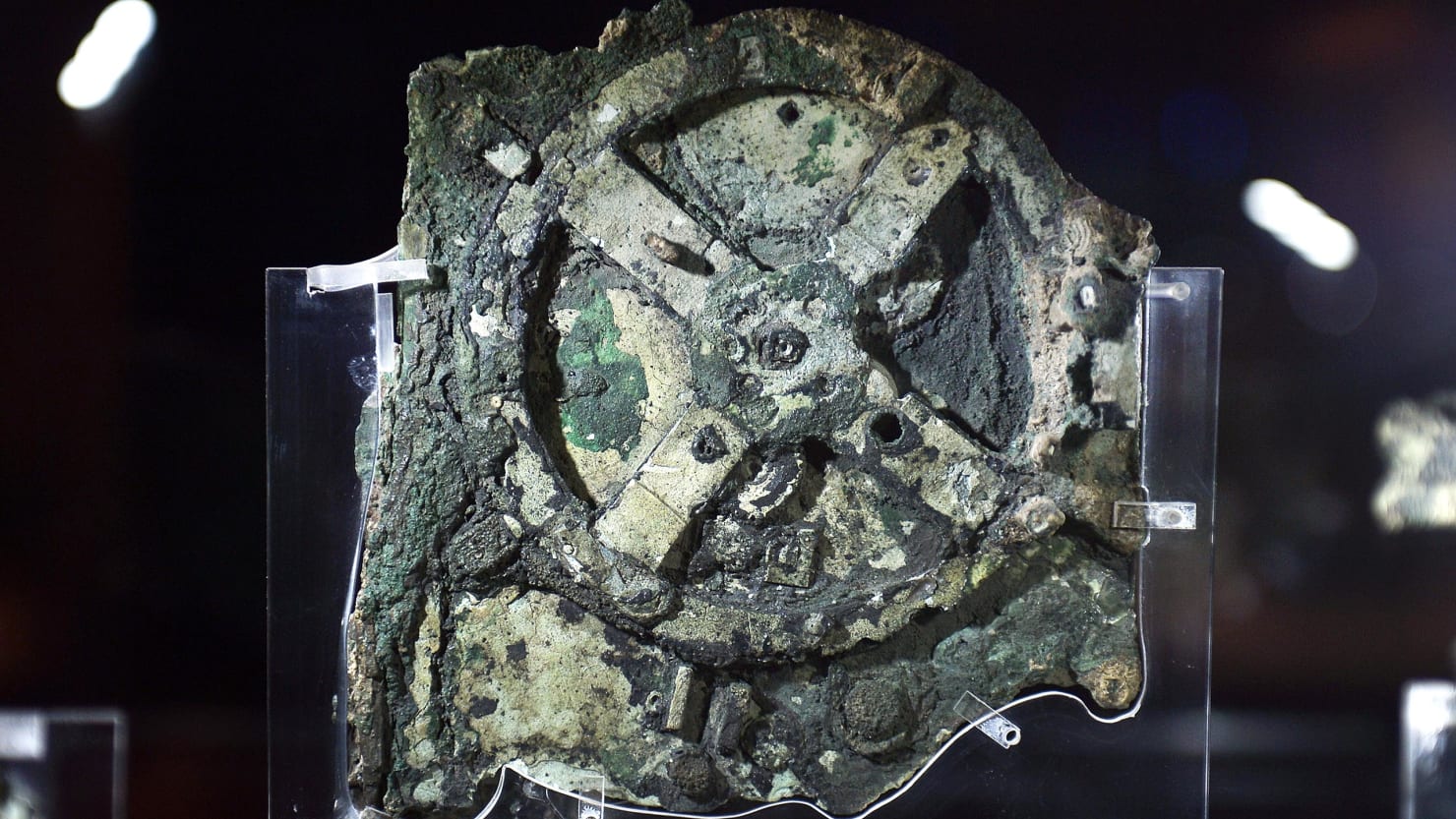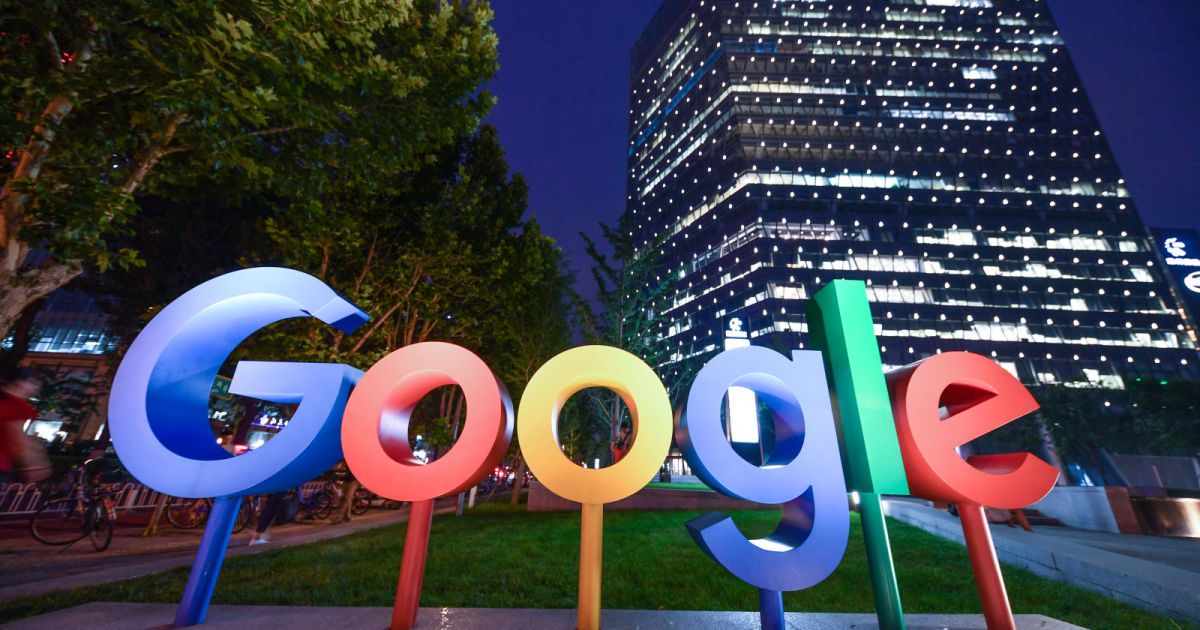By Leah Crane
There’s a new state of matter — and it’s weird. It’s made from light and is somewhere between a solid and a superfluid. It can’t be stirred, rotated, or even pushed.
“If you have some water in a pipe and you start pushing it, it will flow a little faster,” says Marzena Szymańska at University College London. “Whereas this fluid is so rigid that even pushing it will not change its velocity.”


